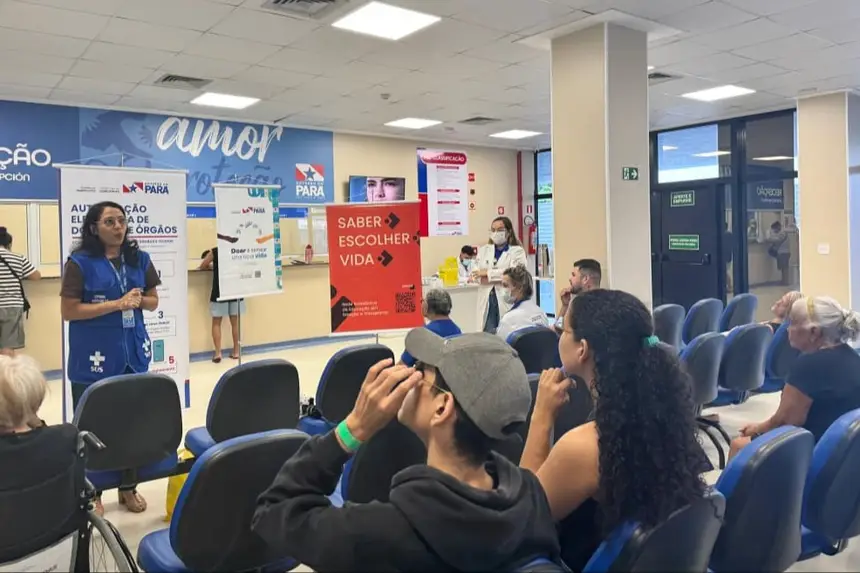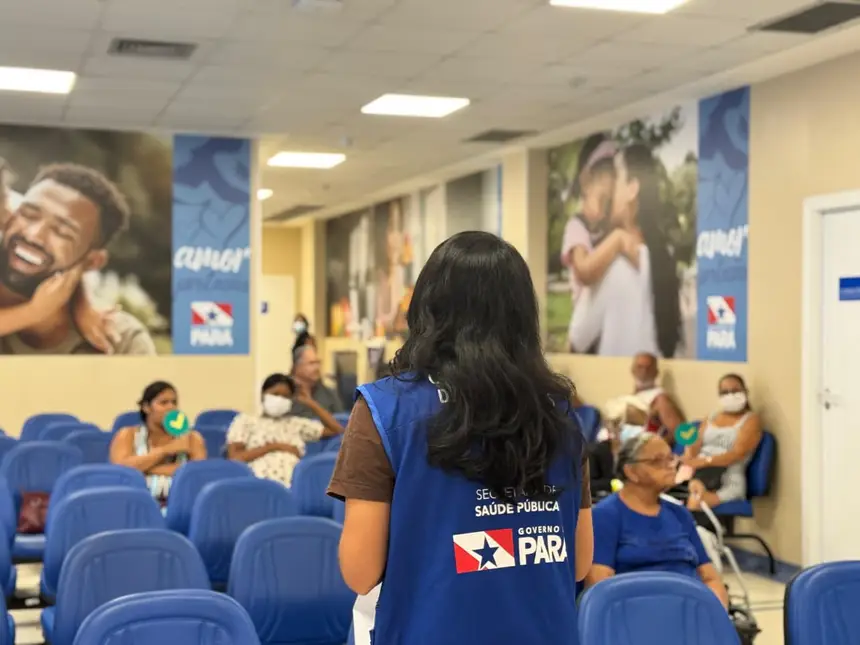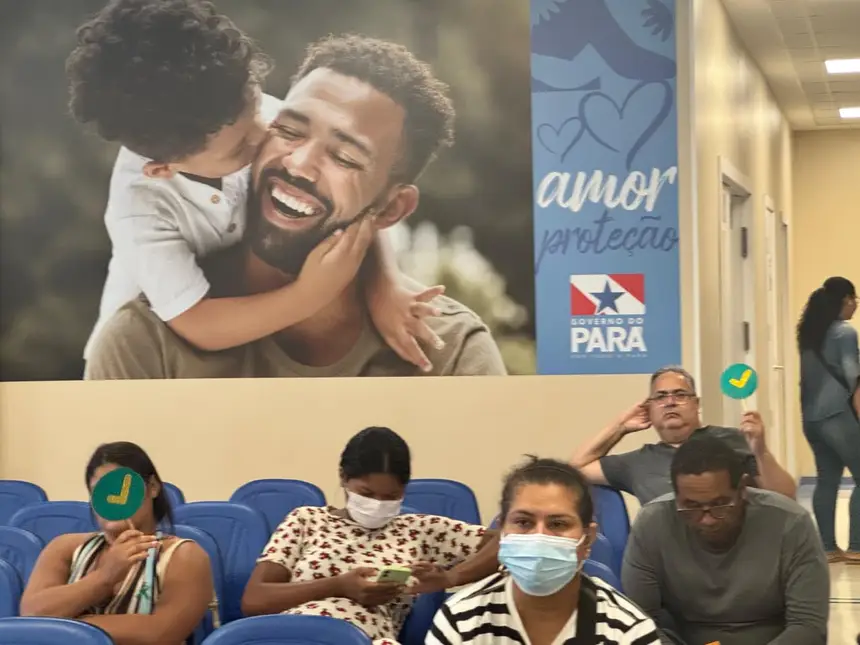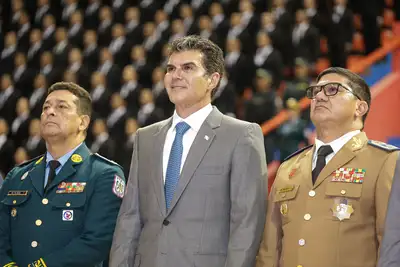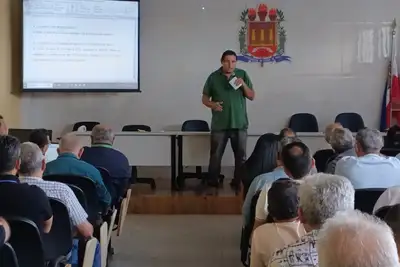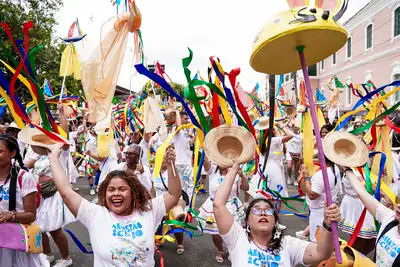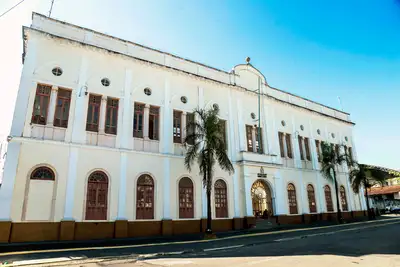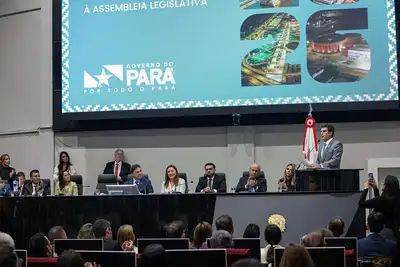State Emergency Room Addresses Myths and Truths About Organ Donation
User questions were clarified in order to raise awareness about the importance of organ and tissue donation to save lives
To promote the health education campaign Green September, which encourages organ and tissue donation for transplantation, was the objective of the dynamic that addressed myths and truths about the topic, on the afternoon of this Thursday (25), at the Dr. Roberto Macedo Emergency Room (PSRM) in Belém.
The action, promoted by the Intra-Hospital Commission for Organs and Tissues (Cihdott) of PSRM, in partnership with the State Department of Public Health (Sespa), through the State Transplant Center (CET), clarified doubts about organ donation for patients waiting for care in the adult emergency reception.
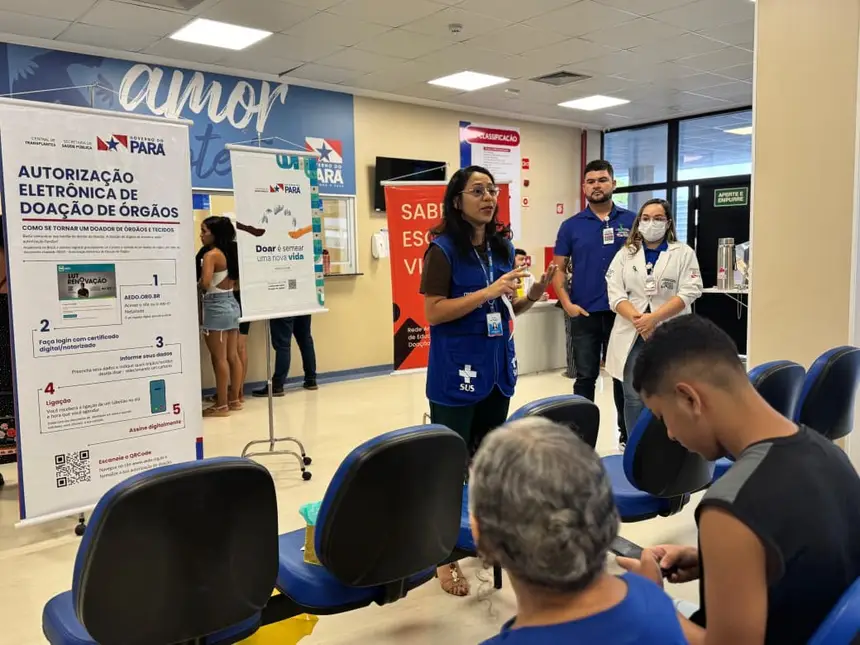
According to Fernanda Tainá Oliveira da Cruz, nurse of the Organ Procurement Organization (OPO) of CET/Sespa and facilitator of the dynamic, in Brazil the family refusal rate for organ and tissue donation is around 46%, and the reason for this index is often related to the lack of information and the myths surrounding the topic.
"This year, CET is promoting actions based on the theme 'To donate is to sow a new life' - Inform your family'. Informing the population about organ donation is essential to combat myths and break cultural barriers that often prevent lives from being saved. The lack of information or the dissemination of incorrect information contributes to many families, in moments of pain, refusing donation because they do not fully understand the process," the nurse informed.
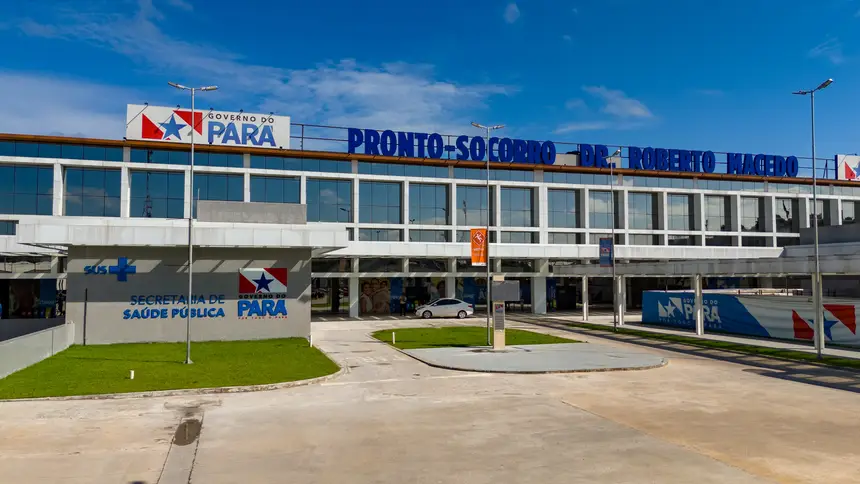
Dignity - Fernanda Cruz said that, by clarifying that donation only occurs after the confirmation of brain death, based on strict criteria, the process is conducted with respect, dignity, and responsibility, showing that the act of donating is safe, ethical, and saves lives. "Moreover, it is important to reinforce that the donor's will needs to be communicated to their family, as it is the relatives who authorize the donation after death. Therefore, the more informed people are, the more lives we can transform," the nurse added.
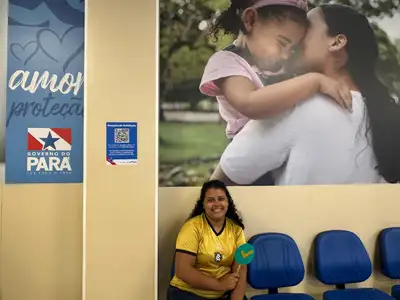
Cris Elaine Abreu, a resident of the municipality of Ananindeua, in the Metropolitan Region of Belém, participated in the dynamic about myths and truths regarding organ donation while waiting for care, and highlighted her family's struggle when her grandmother needed an organ donation to regain her quality of life.
"There are myths, beliefs, and incorrect information about organ donation. But, in reality, nothing is more important than life. This information makes people reflect on this and decide to save lives in a selfless act of love for those whom their relatives do not even know. My grandmother received a cornea donation, and only we know how much she needed it, and how good it was for her to have her quality of life back. She received full support from the involved organs, all the necessary follow-up, and now she is seeing again," the patient said.
For Renata Pinto, a member of Cihdott and supervisor of the Patient Safety Center (NSP) of the Emergency Room, "the action in partnership with Cihdott has fundamental importance, as it reinforces awareness about organ and tissue donation within the hospital environment. This initiative not only broadens the knowledge of the team and the community about the topic but also strengthens the culture of solidarity and social responsibility, showing that a simple gesture can save many lives."
Service: The Dr. Roberto Macedo Emergency Room is located on Avenida Augusto Montenegro, in Belém. The unit is managed by the Acqua Institute, in partnership with the State Department of Public Health (Sespa), and operates on a 24-hour shift. The state PS is a reference in urgent and emergency care, with specialties such as general, pediatric, vascular, thoracic, bucomaxillofacial surgery, and neurosurgery.


